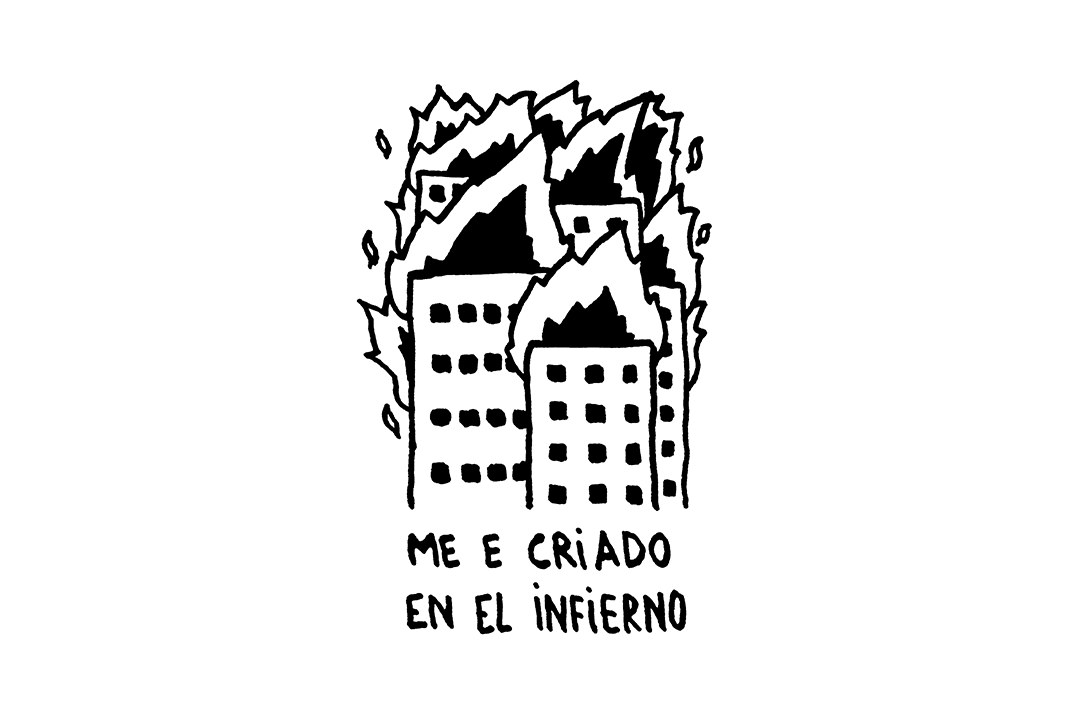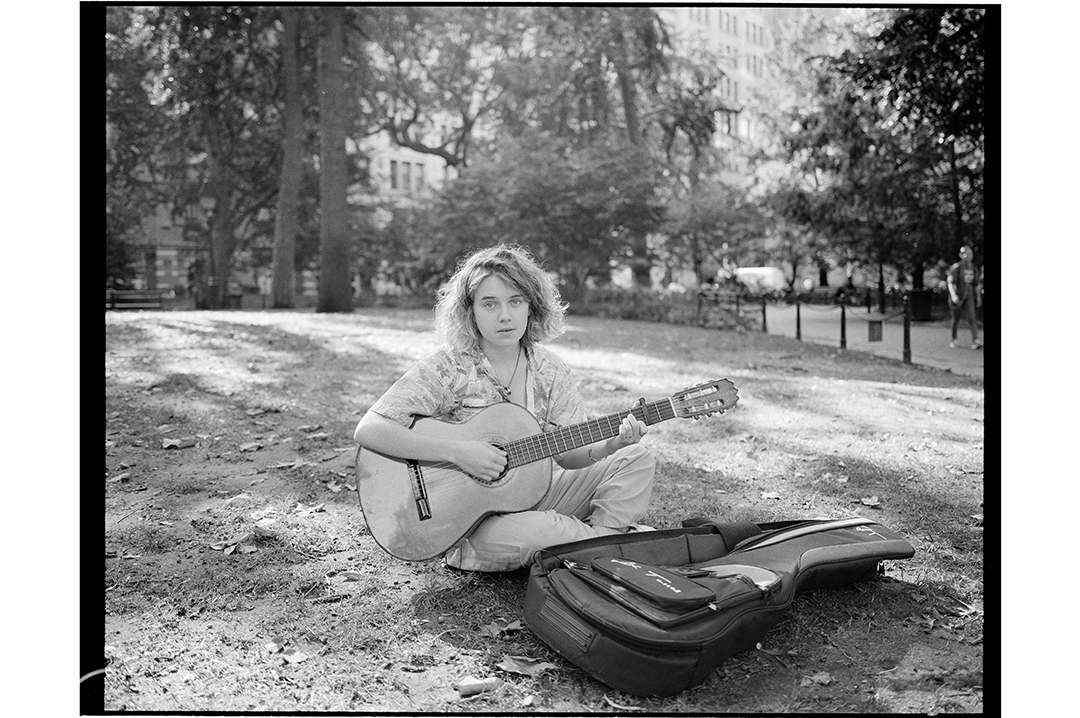Casilda García López
2021 Undergraduate Research Fund Awardee
Undergraduate Film & TV Class of 2021

Casilda García López (Madrid, 2000) is a senior at the Film & TV program at Tisch School of the Arts with a minor in Spanish and BEMT (Business for Entertainment, Media and Technology). She has been awarded a research grant each school year to continue exploring the stories hidden behind Spanish music. As the first undergraduate representative of the King Juan Carlos I Center of Spain at NYU, she has interviewed prominent figures in the Spanish national landscape of music such as philosopher Ernesto Castro, (ex)flamenco Niño de Elche and electro-queer icon Samantha Hudson. Her pieces can be found on her website and are not afraid of new artistic approaches - from stop-motion to documentary - choosing to study Film & TV in hopes of communicating with the world. Casilda, as Madrid’s Youth Poetry Award winner, believes that all true art is some way or another poetry.
PROJECT
QUINQUIS, TRAP & CULTURE: MUSIC, POETRY & MARGINALITY IN MODERN SPAIN
In 1975, after nearly four decades of Franco's dictatorship, Spain began to transition into democracy. The biggest cultural boom was the “Movida Madrileña” — a movement that sang to the creative freedom of the newly flourishing democracy. From opaque repression to a counter-cultural revolution, two main factors left damaging after-effects: sexually transmitted diseases and drug addiction. This phenomenon was fictionalized in film by directors such as Eloy de la Iglesia, who picked real underage criminals from the streets and created alternative narratives, in what would be known as “cine quinqui” – a fearless youth that stole and killed (if necessary) for a living, falling into the vicious cycle of criminal justice provoked by a failed legal system. The soundtrack to this struggle, both inside and outside of film, was in the form of “rumba Catalana” or the gypsy rock flamenco revolution. Decades later, in 2008, the housing burst caused one of Spain’s steepest financial crises, and one of its most wounding results was youth unemployment. In 2010, Yung Beef, the “father of trap” in Spain, released his first song — where he rapped about his life as a drug-dealer, his success with women, and compared himself to El Pirri — one of the most (in)famous criminals De la Iglesia ever filmed. Trap in Spain would become much more than a specific music genre, it would become a movement, like the “Movida Madrileña” itself, where young artists, full of rage and voice, would create music in completely polar genres under the same scene. All of this led to the rebirth of the “neo-quinqui” cinematic genre – tracing back the importance of “quinqui” heritage in trap and how financial, sexual, and drug-related precariousness can carve out some of the most heavily criticized, yet also representative, music and film of an era and generation.
Illustration by Albert Tercero
Instagram: @albert_tercero
Website: http://alberttercero.com/
More illustrations to be featured by this project can be found here.

